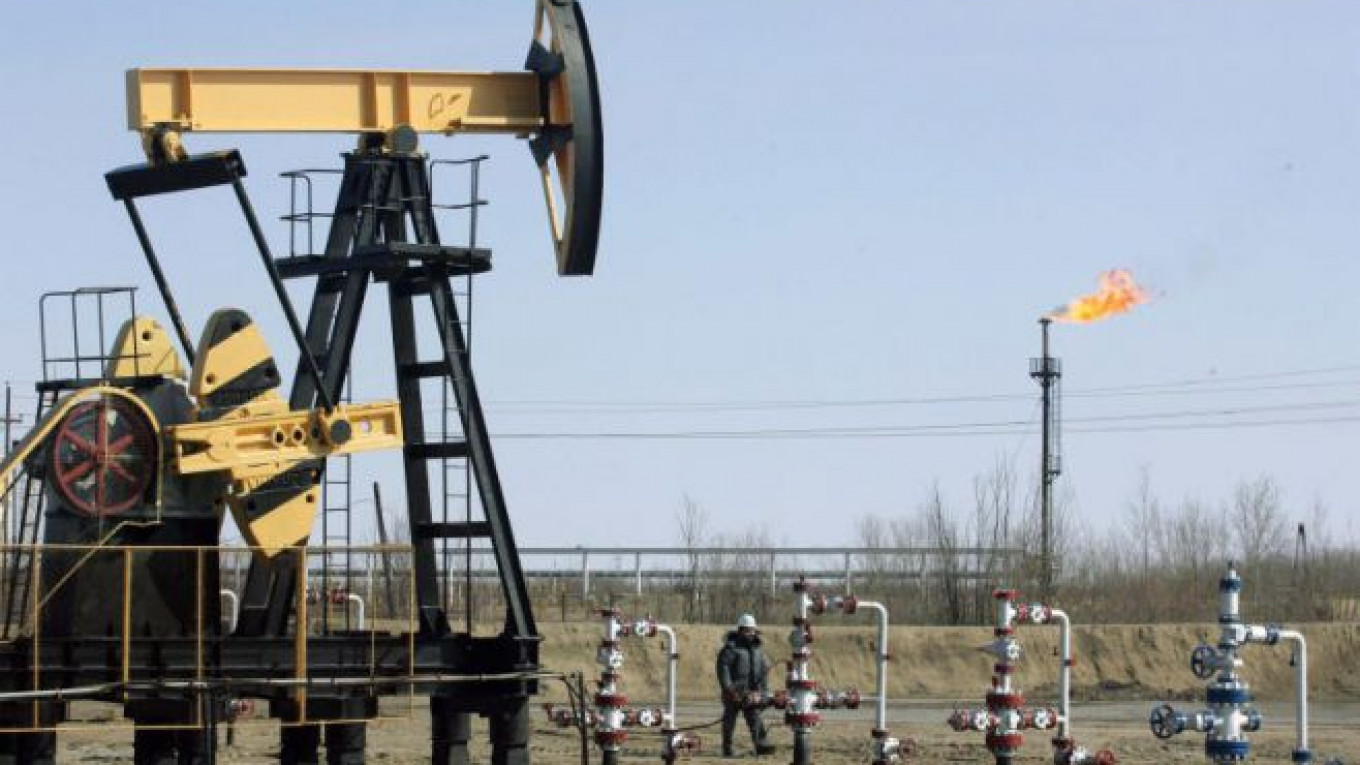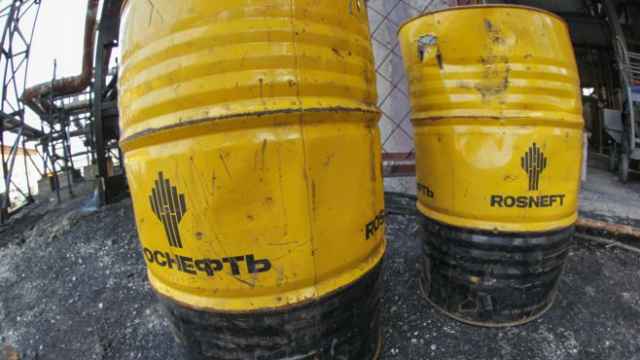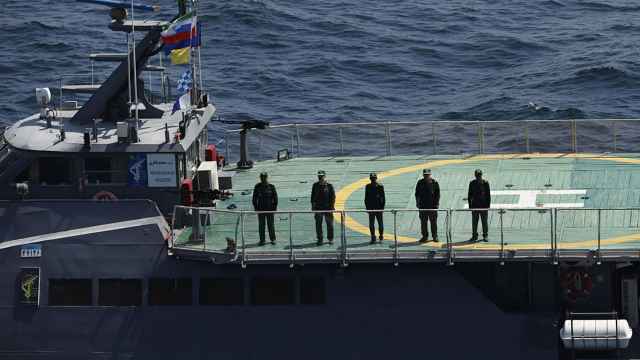Russian Natural Resources and Environment Minister Sergei Donskoi said on Wednesday Western sanctions have had an impact on the country's nascent hard-to-recover oil sector, seen as the next key source of output in the country, Interfax news agency reported.
Large-scale output of unconventional oil in Russia, the world's top crude oil producer, is some five to 10 years away, although some fields have started production even if they are not currently economically viable.
"Sanctions … have already had an impact on production of hard-to-recover reserves. As a rule, our oilmen use foreign technologies and try to adapt them to our conditions," Donskoi was quoted as saying on Wednesday.
The United States and European Union have imposed sanctions on Moscow over its role in Ukrainian conflict, limiting access to funding for top oil producer Rosneft and the largest non-state gas company Novatek.
The sanctions prohibit the supply of certain goods and technologies to Russia for use in Arctic, deepwater, and shale oil exploration and production.
"One of the spheres that could be hit by sanctions is offshore [production] due to big exposure to foreign technologies there," he told a briefing, according to Interfax.
He also said that Russian companies may have access to equipment from other countries, such as China.
An estimated 75 billion barrels of technically recoverable shale oil resources may lie in Russia's huge Bazhenov Formation in western Siberia, according to the U.S. Energy Information Administration, more than in the United States, the world's top shale oil producer.
However, the output of such oil on a large scale is years away.
"As conventional oil fields mature and their output naturally declines, we expect offshore and unconventional oil to become more important to maintaining Russia's oil production," Standard & Poor's said in a research note last month.
"However, we don't anticipate this happening before the next decade, and only if offshore and unconventional production proves to be economical."
A Message from The Moscow Times:
Dear readers,
We are facing unprecedented challenges. Russia's Prosecutor General's Office has designated The Moscow Times as an "undesirable" organization, criminalizing our work and putting our staff at risk of prosecution. This follows our earlier unjust labeling as a "foreign agent."
These actions are direct attempts to silence independent journalism in Russia. The authorities claim our work "discredits the decisions of the Russian leadership." We see things differently: we strive to provide accurate, unbiased reporting on Russia.
We, the journalists of The Moscow Times, refuse to be silenced. But to continue our work, we need your help.
Your support, no matter how small, makes a world of difference. If you can, please support us monthly starting from just $2. It's quick to set up, and every contribution makes a significant impact.
By supporting The Moscow Times, you're defending open, independent journalism in the face of repression. Thank you for standing with us.
Remind me later.






